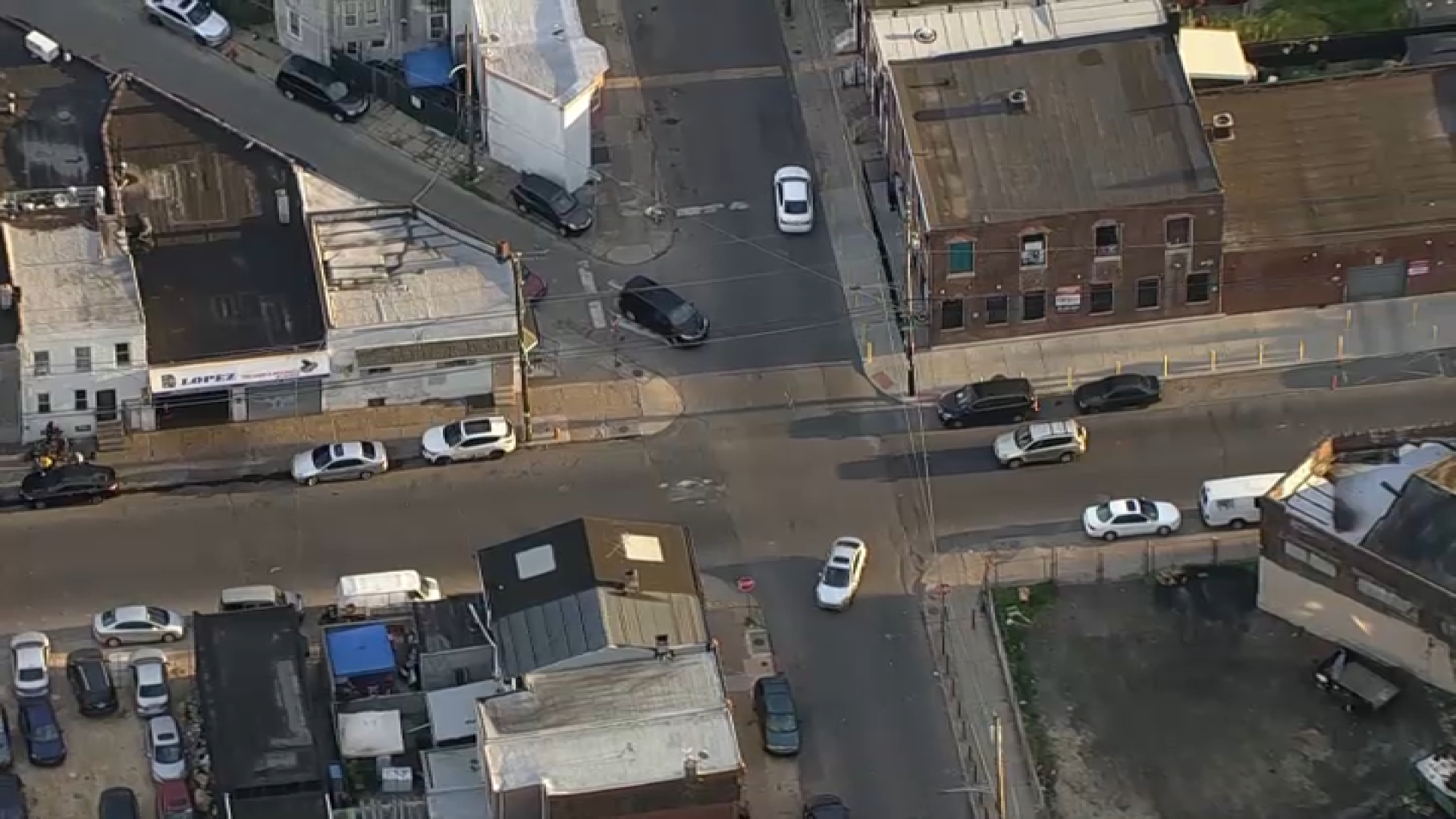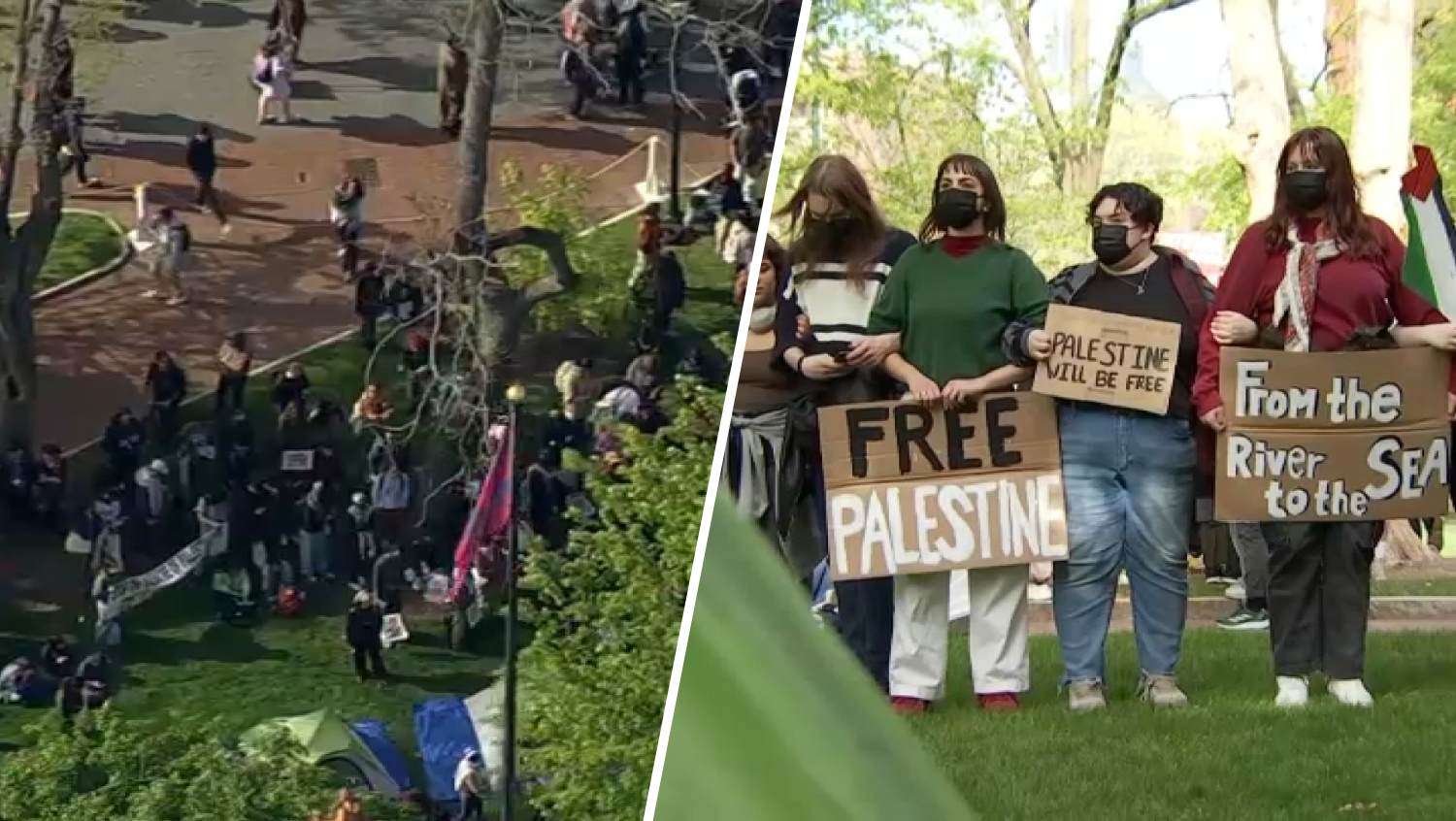Some of the Democrats who are challenging Pennsylvania Gov. Tom Corbett have significantly different views from the Republican on how to regulate and tax the state's booming gas drilling industry, and they're trying to make it an issue with voters.
With Corbett taking a firm stance in favor of drilling, some experts are saying that Marcellus Shale gas is likely to be a campaign issue. But it's not clear how much the drilling debate will matter to voters over the next year.
Corbett says current regulations protect the environment and that the state impact fee _ the equivalent of a roughly two percent tax on sales _ is enough. The half-dozen or so Democrats who are challenging him generally support tougher environmental regulations and a new four or five percent tax on production, similar to what many other energy-producing states impose.
The Democratic contenders include U.S. Rep. Allyson Schwartz; former state revenue secretary Tom Wolf; two former environmental protection secretaries who served in Gov. Ed Rendell's administration, Katie McGinty and John Hanger; Allentown Mayor Ed Pawlowski; and State Treasurer Rob McCord. Others are also considering entering the race.
On Thursday Schwartz tweeted "it's time to replace Gov. Corbett's reckless shale policies with science-based projections,'' and former state EPA secretaries McGinty and Hanger have prominently featured drilling in their campaigns.
But experts on political polling in the state said that many voters have mixed feelings on drilling, and are also likely to be even more focused on other issues, such as education funding, abortion and the overall economy.
Local
Breaking news and the stories that matter to your neighborhood.
Joseph Morris, a pollster at Mercyhurst College in Erie, said the fact that most drilling is occurring in rural areas "out of sight for most Pennsylvanians'' is important. Most people "have just a very high degree of uncertainty about the environmental impact,'' he said.
An October Mercyhurst poll found 49 percent of the respondents were in favor of Marcellus Shale drilling, while 28 percent were opposed. But the poll also found that 61 percent of Pennsylvanians don't believe that drilling companies "truly care about the environment,'' and that 63 percent believe that ``more regulations are needed.''
Morris said he thinks drilling ``was probably more important when Corbett was running for governor the first time,'' partly because the debate over issues, such as cuts to education funding, has grown.
He also said that Pennsylvania has a long history of viewing the environment differently than some northeastern or West Coast states.
"Pennsylvanians believe we should use the environment, we should just use it wisely,'' Morris said. "This is fundamentally different from other types of environmentalism,'' such as states where many people want to totally preserve large areas of land.
Some of the economic benefits of the drilling boom are undeniable _ but they may also be hidden to many voters. The Marcellus Shale has become the most productive natural gas field in the nation, and one of the biggest in the world. That led to lower energy bills, reduced imports, and new jobs, though the total number is disputed.
G. Terry Madonna, a Franklin & Marshall College professor who has done political polls for many years, said the drilling boom presents voters with an unexpected narrative.
"We've mostly talked about the decline of steel'' for decades, Madonna said. "This is the first industry of its kind that has had such a sweep, and reach, if you will, over the economy'' for many years.
Madonna said it's clear that environmental groups are trying to make a major issue out of gas drilling, since he gets emails about it ``almost daily.'' He said that key blocks of suburban swing voters ``do express a higher level of concern'' about potential environmental and health impacts from drilling. ``The question is how important that is in their vote choice.''
Madonna said views on drilling could change if there is a major accident, or if 2014 passes with no high-profile incidents. He said that unless something major happens, drilling is ``not likely'' to be a dominant issue.



